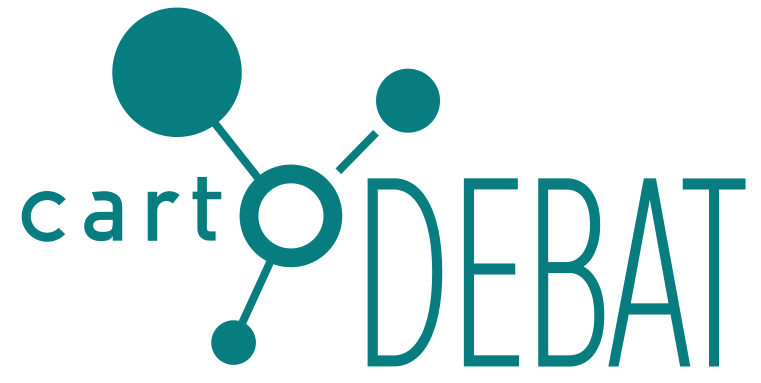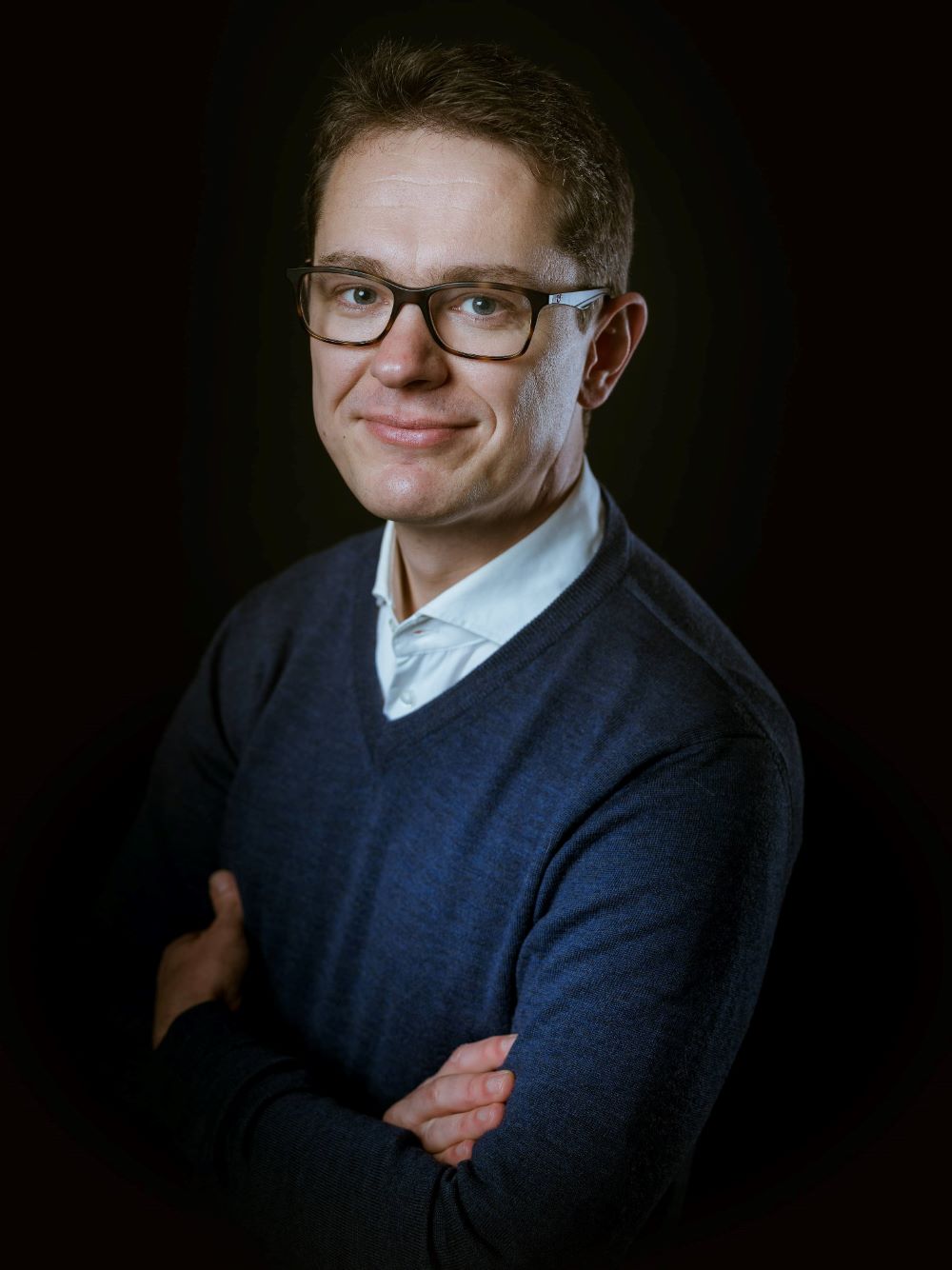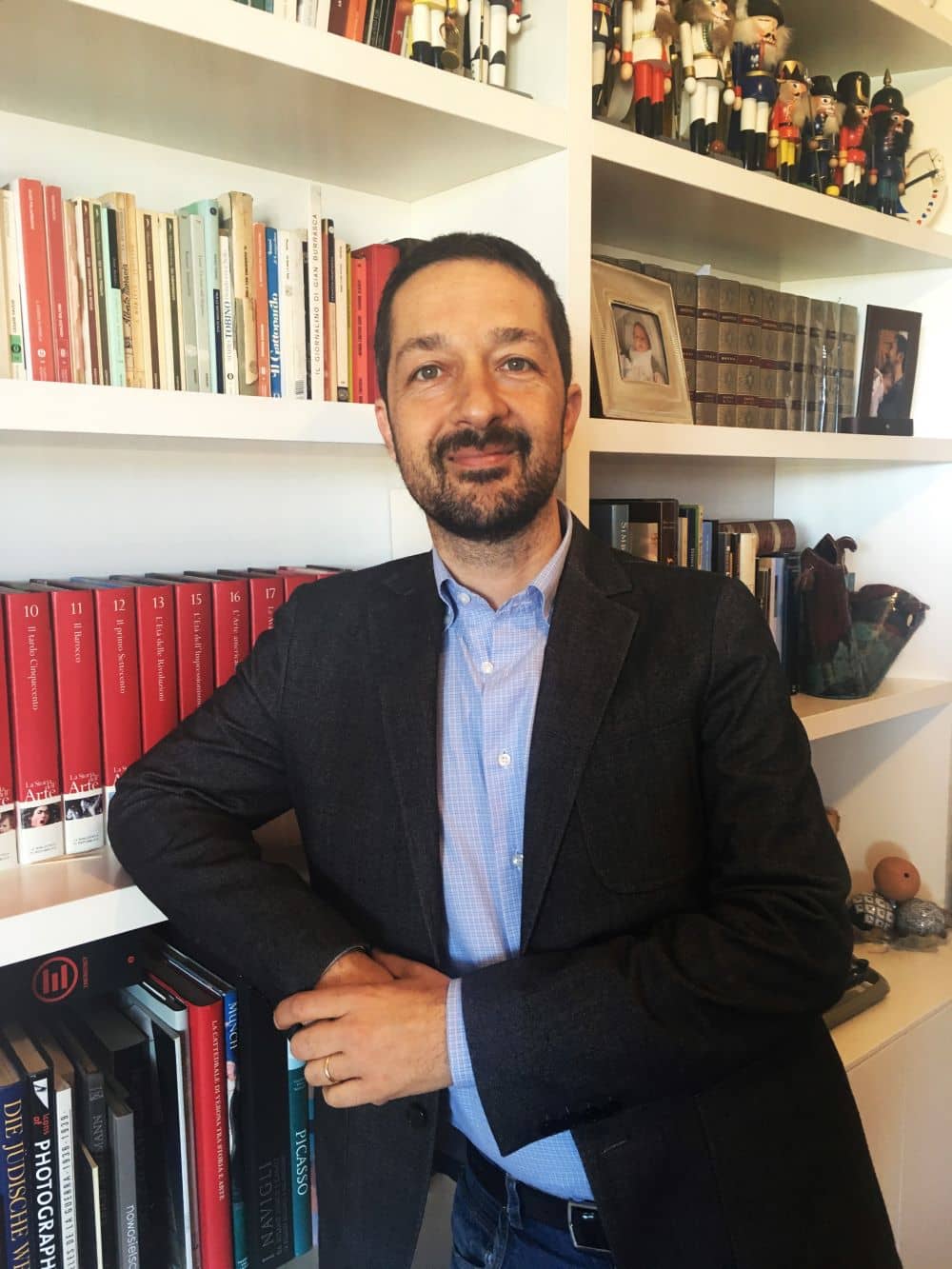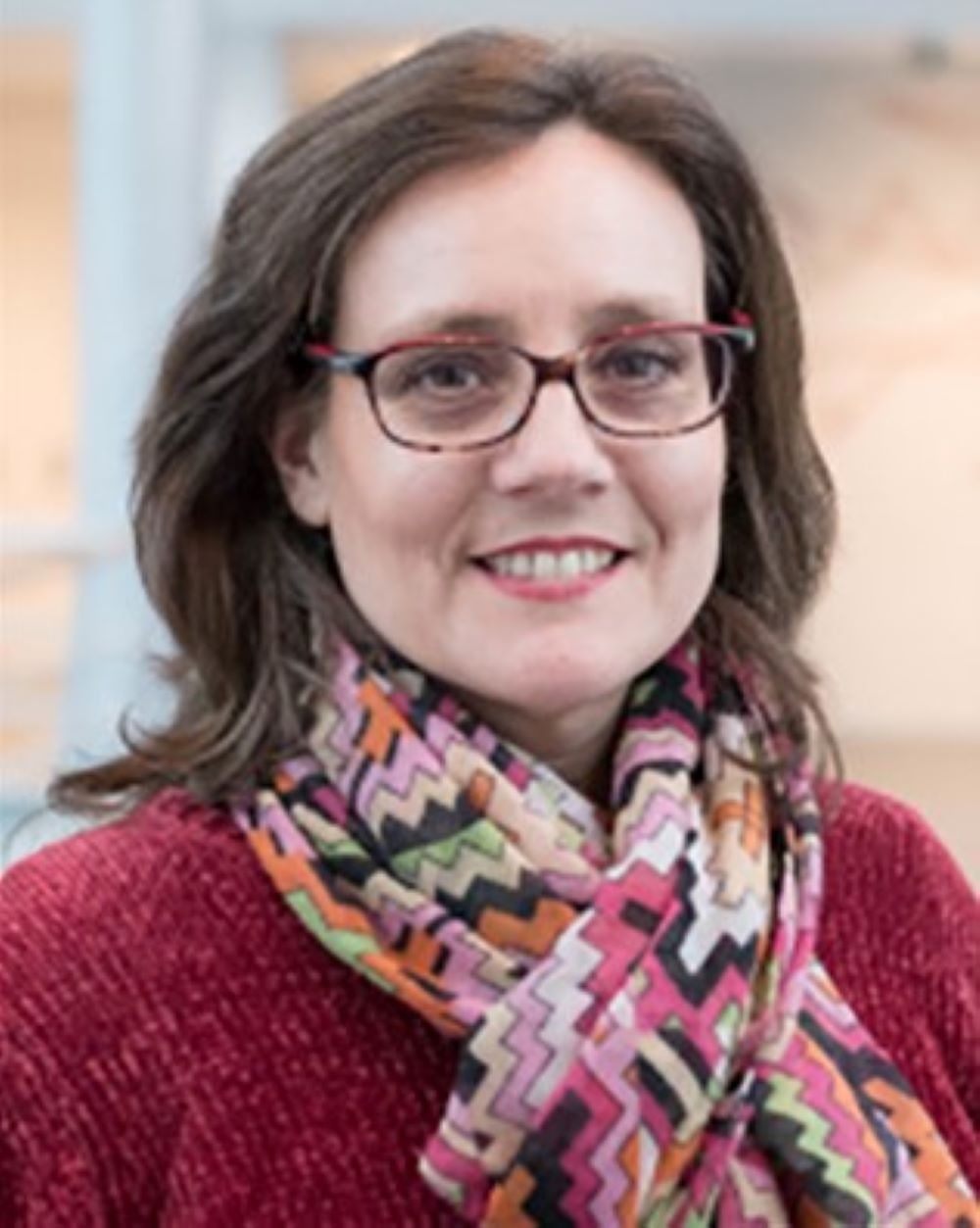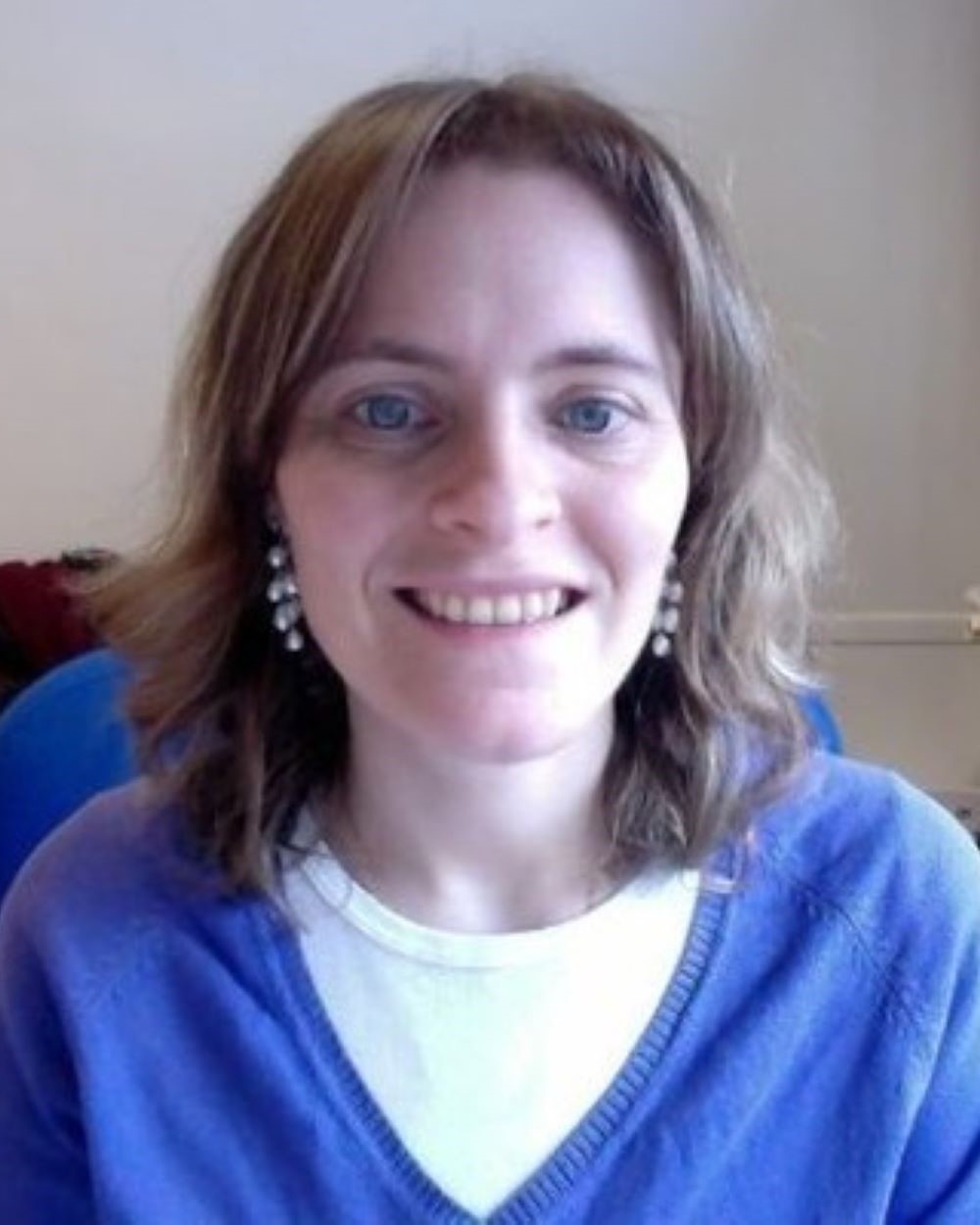A capacity-building project
NHNAI is a capacity-building project coordinated by Confluence: Sciences and Humanities Research Center at Lyon Catholic University (UCLy) under the aegis of the International Federation of Catholic Universities (IFCU). Its overall objective is to empower all relevant stakeholders in the arenas of Neuroscience (NS) and Artificial Intelligence (AI) to address the vast array of ethical issues involved in the ongoing developments in these fields.
NHNAI draws upon the observation that, although widely invoked in ethical guidelines and principles, the notion of human or humanism (the question what it means to be human, who are we and who should we be at the time of NS and AI) remains a blind spot.
Under the aegis of

IFCU
International Federation of
Catholic Universities
Coordinated by

Confluence: Sciences and Humanities
Research Center
Lyon Catholic University
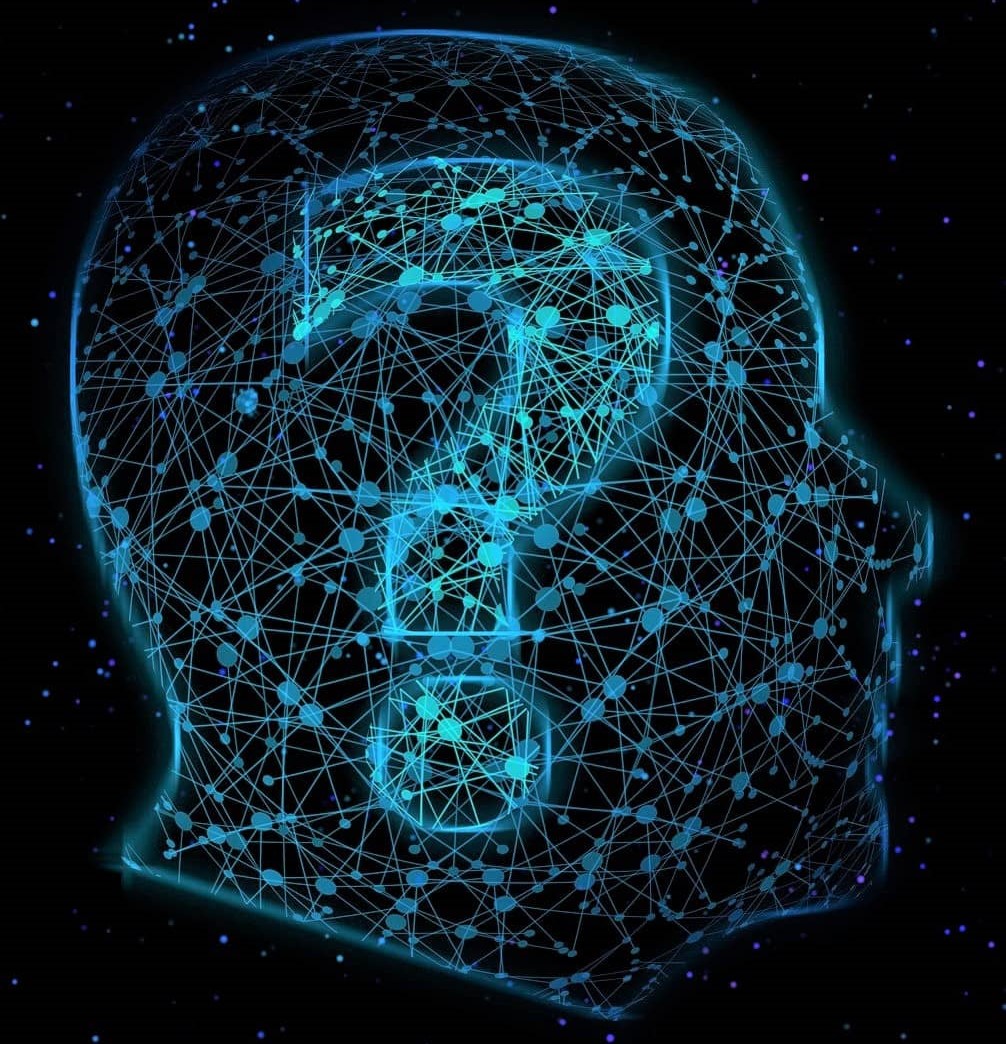
Humanism, a core notion for ethics
Instead of addressing direct ethical questions raised by the recent developments in AI and NS, NHNAI intends to explore the blind spot of humanism. In fact, many fundamental questions linked with this notion of humanism lie in the background of ethical questioning upon the challenges AI and NS raise:
The connection between ethics and humanism can even become more direct and striking:
Empowering societal reflection
Such wicked questions NHNAI project aims at tackling obviously demand gathering expertise from many different academic disciplines (ranging from computer science to sociology or philosophy). But they are also societal questions calling for debate in the agora with all concerned stakeholders. Therefore, NHNAI relies on an international network of Catholic universities and communities of stakeholders to conduct collective debates upon these questions with the support of relevant academic insights.
Overall, the NHNAI project will unfold in four distinct phases:
- Co-construct the most pressing questions to be debated with the communities of stakeholders and gather relevant academic knowledge.
- Submit the contents thus produced for contributions and insights during collective debates with stakeholders’ communities through face-to-face workshops and online debates.
- Collect outcomes and disseminate them in aggregate form at broad-society level, with a view to inform ethical regulation and policy-making at large (notably through recommendations and whitepapers).
- Lay infrastructure that will allow the pursuit of this capacity-building mission in years to come.
To foster ethical capacity-building among participants to societal reflection, NHNAI relies on CartoDEBAT, a civic-tech company offering a citizen dialogue platform designed with the help of scientific collaborations during educational projects and environmental R&D studies.
In NHNAI, the platform will be used to harness the first contributions produced during face-to-face workshops (organized in by partnering universities in 8 countries) and give the opportunity to enlarged communities of participants to contribute online to the reflection upon humanism at the time of neurosciences and AI.
NHNAI network
Under the aegis of the International Federation of Catholic University, NHNAI network gathers multiple partnering Catholic Higher Education Institutions:
- Lyon Catholic University – France (coordinator)
- International Federation of Catholic University – France
- University Catholic of Lille – France
- Libera Università Maria Ss. Assunta di Roma (LUMSA) – Italia
- University of Namur – Belgium
- Universidade Católica Portuguesa – Portugal
- Pontificia Universidad Católica de Chile – Chile
- Catholic University of Eastern Africa – Kenya
- Fu Jen Catholic University – Taiwan
- Santa Clara University – USA
- Notre-Dame University (ND) – USA
NHNAI project’s organization
NHNAI’s first cycle of operation takes place from January 2022 to August 2025. It unfolds in 4 main activities:
- Activity 1 will generate interconnection between the different academic and extra-academic actors involved in the project. A scientific workshop will gather academic experts of NHNAI network (March 2022). Local problem-framing workshops with stakeholders’ communities in the different countries will permit to co-construct the most pressing questions to be debated (May 2022).
- Activity 2 will be devoted to strengthening the capacity of these actors to reflect on ethical issues associated with AI and NS through collective reflection about humanism at the time of NS and AI. This will rely on two waves of collective debate among involved communities (February-April 2023 and November 2023-January 2024) upon questions identified and co-constructed during activity 1. Each wave will be initiated by a face-to-face workshop and pursued by an online debate.
- Activity 3 will ensure analysis of the material produced during the collective reflection of activity 2 and dissemination of its results. This will notably include the elaboration of a white paper gathering recommendations for ethical regulation of AI and NS. NHNAI results will also be shared and mobilized by industrial partners. Activity 3 will also involve academic networking outcoming in several publications and an international conference “New Humanism at the time of Neurosciences and Artificial Intelligence” (November 2024).
- Activity 4 will ensure that NHNAI project is adaptive, responsive to learning, with improvement and dissemination of its ethical capacity-building methodology. A PhD student will explore the key conditions of possibility for ethical capacity-building among all relevant stakeholders within an integral approach rooted in academic expertise. A periodic seminar on this topic will be organized. Guidelines will be elaborated for designing training products at destination of actors and facilitators of collective ethical reflection within an integral approach.
Meet Our Coordination Team
To ensure successful operation, NHNAI relies on a strong coordination team that, in addition to the project coordinator and research engineer, includes a leader for each of NHNA’s 4 Activities.

